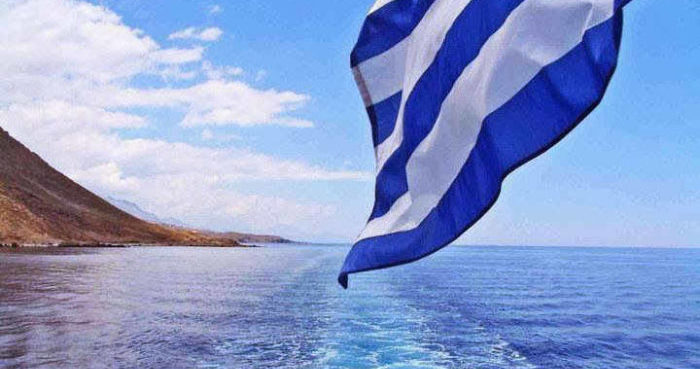Greece remains the world’s largest shipowning nation, owning 20.67% of global tonnage and 54.28% of the EU-controlled tonnage, at a time when the country accounts for only 0.16% of the world’s population, according to latest figures by the Union of Greek shipowners.

Between 2007 and 2019, Greek shipowners have more than doubled the carrying capacity of their fleet, while they control:
- 32.64% of the world tanker fleet, 15.14% of the world chemical and products tankers and 16.33% of the global LNG / LPG fleet,
- 21.7% of the world bulk carriers, and
- 8.92% of the world container vessels.
The top five shipowning nations include Greece, Japan, China, Singapore and Hong Kong, accounting for more than 50% of the world’s tonnage.
It is worth mention that, in recent years, Germany, Japan and the Republic of Korea have been losing ground, while Greece, Singapore, China and Hong Kong have increased the size of their fleet.

Newbuilding orders by Greek interests amounted to 128 vessels (over 1,000 gt) or 15.928 million dwt out of a global total of 2,425 orders of 166.825 million dwt at the beginning of 2020 in diverse ship types.
Greek shipowners have been investing heavily in new, efficient ships, with the average age of the Greek-owned fleet (9.17 years) being lower than the average age of the world fleet (9.61 years).
In fact, 28.61% of the Greek-owned fleet under EU flags was built after 2013 and according to the global standard of the Energy Efficiency Design Index – EEDI (MARPOL, Annex VI, Reg. 21), which guarantees better energy efficiency. The corresponding percentage for the EU- flagged fleet is 21% and 23.2% for the world fleet.
Additionally, the average size of Greek-owned vessels at 81,118 dwt is almost double than the average vessel size of the world fleet which is 43,766 dwt. Economies of scale improve efficiency and environmental gains, thereby reducing even further the carbon footprint of Greek shipping.
Greece remains on the IMO “List of confirmed Standards of Training, Certification and Watchkeeping for Seafarers (STCW) Parties” and on the White Lists of the Paris and the Tokyo Memorandum of Understanding, while it is one of the safest fleets worldwide with 0.96% of the Greek merchant fleet (based on number of ships) and 0.37% of the fleet (based on tonnage) being involved in minor accidents.
The Greek Register numbers 706 vessels (over 1,000 gt) amounting to 39.19 million gt. The Greek-flagged fleet ranks 8th internationally and 2nd in the EU (in terms of dwt).
Finally, Greek shipping remains one of the pillars of the Greek economy. The receipts in the country’s Services Balance of Payments from maritime transport amounted to approximately €17,303 million for the fiscal year of 2019, which represents a 4.05% year-on-year growth. Greek shipowners are primarily active in bulk / tramp shipping, which is a model sector with characteristics of perfect competition.


































































